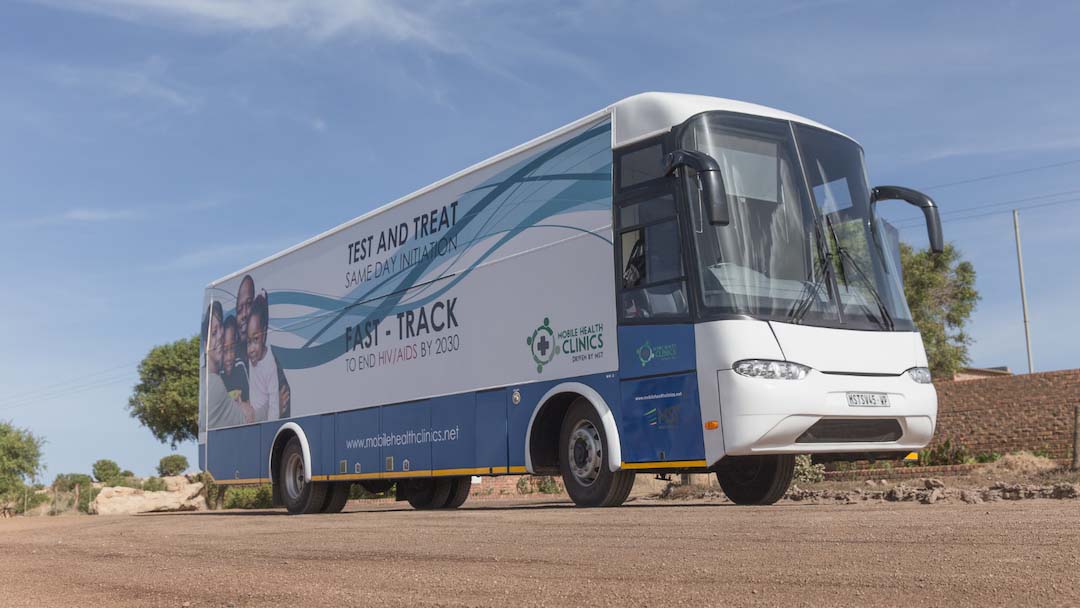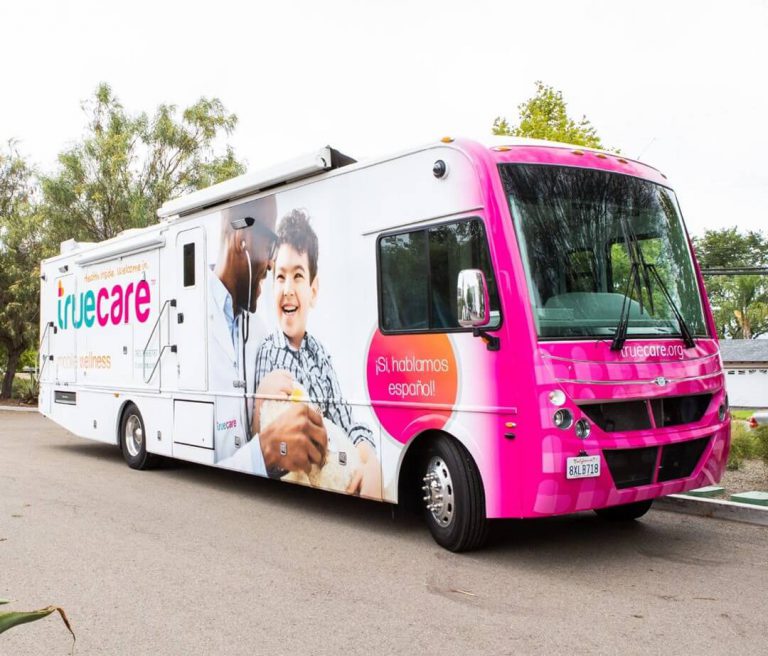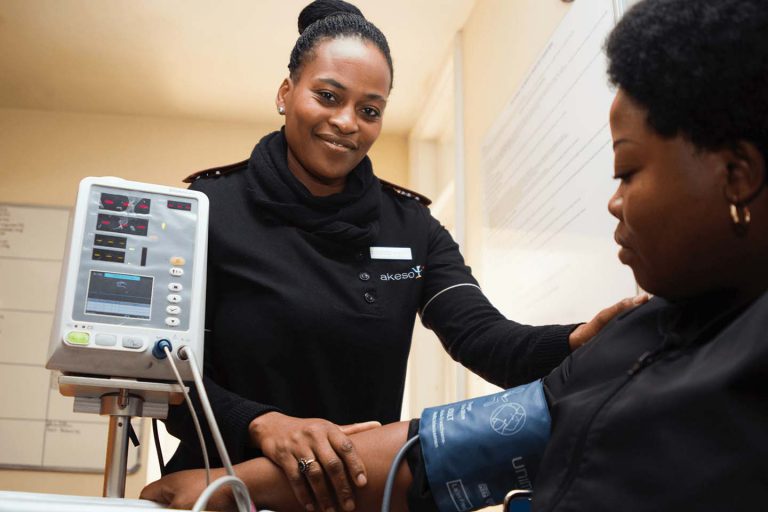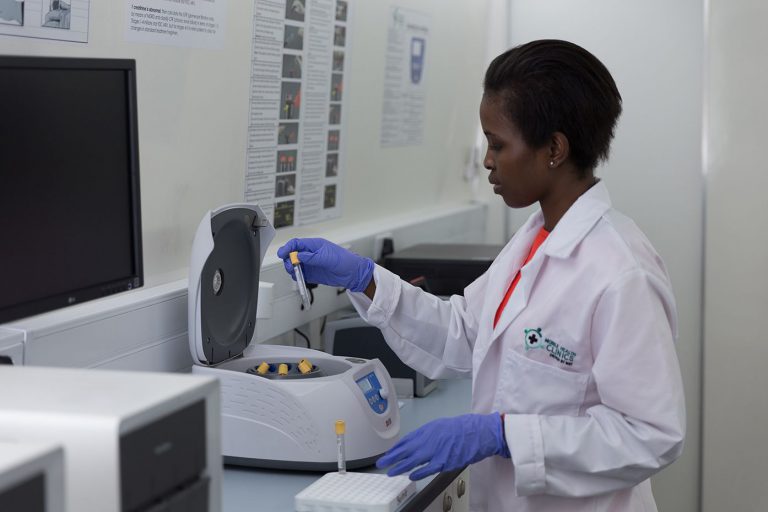Health on Wheels
Access to quality healthcare is a fundamental human need, but unfortunately, many disadvantaged areas such as rural areas and townships have limited access to quality healthcare services. However, mobile healthcare has emerged as an innovative solution to bridge the gap and ensure that quality healthcare services are accessible and available to everyone, regardless of their location or socio-economic status.
Kaiser Permanente’s Early Innovations
One of the early pioneers of mobile healthcare is Kaiser Permanente, who introduced mobile healthcare clinics in the 1970s to serve disadvantaged communities. Today, mobile healthcare clinics are still operational in many parts of the United States, providing access to quality healthcare services to millions of people.
Impact of Mobile Clinics in South Africa
In South Africa, mobile healthcare has proved to be a valuable tool in dealing with the HIV pandemic, with over 7.7 million people living with HIV. The BroadReach project, which operated between 2016 and 2017, fast-tracked the testing and treatment of HIV using mobile health clinics. The project was a tremendous success, testing over 24,585 people in just seven months, with 50% of them being male, the highest male testing rate reported by an HIV project.
Similarly, during the COVID-19 pandemic, the Lung Institute deployed 10 TB mobile clinics in early 2021 provide rapid testing in poor communities, bridging the gap created by the pandemic and fast-tracking the diagnosis and treatment of TB.
Impact of Mobility on Healthcare Internationally
he impact of mobile healthcare is not limited to South Africa. The Mobile 1000 project, launched in India, aims to provide 1000 mobile healthcare vans that offer free primary healthcare to 25 million people in rural areas. The project has already reached 13.67 million people from 1560 villages across 15 states of India with just 205 mobiles.
Additionally, the Mobile Health Map, a collaborative research community that evaluates the impact of mobile clinics, has found that mobile healthcare is cost-effective, does not compromise the quality of care provided, and helps to alleviate stress on the healthcare system. The Mobile Health Map has also reported a significant reduction in emergency room visits in areas where mobile clinics operate due to early screening and detection of potential high-risk health issues.
In conclusion, mobile healthcare is an innovative solution that can revolutionize healthcare access and delivery in disadvantaged areas. With the advances in technology, such as telehealth, the benefits of mobile healthcare are expected to expand throughout South Africa and the world. At Guud, we are passionate about supporting life-changing, community-enhancing mobile healthcare projects and believe that these projects can have a significant impact on people’s lives.






